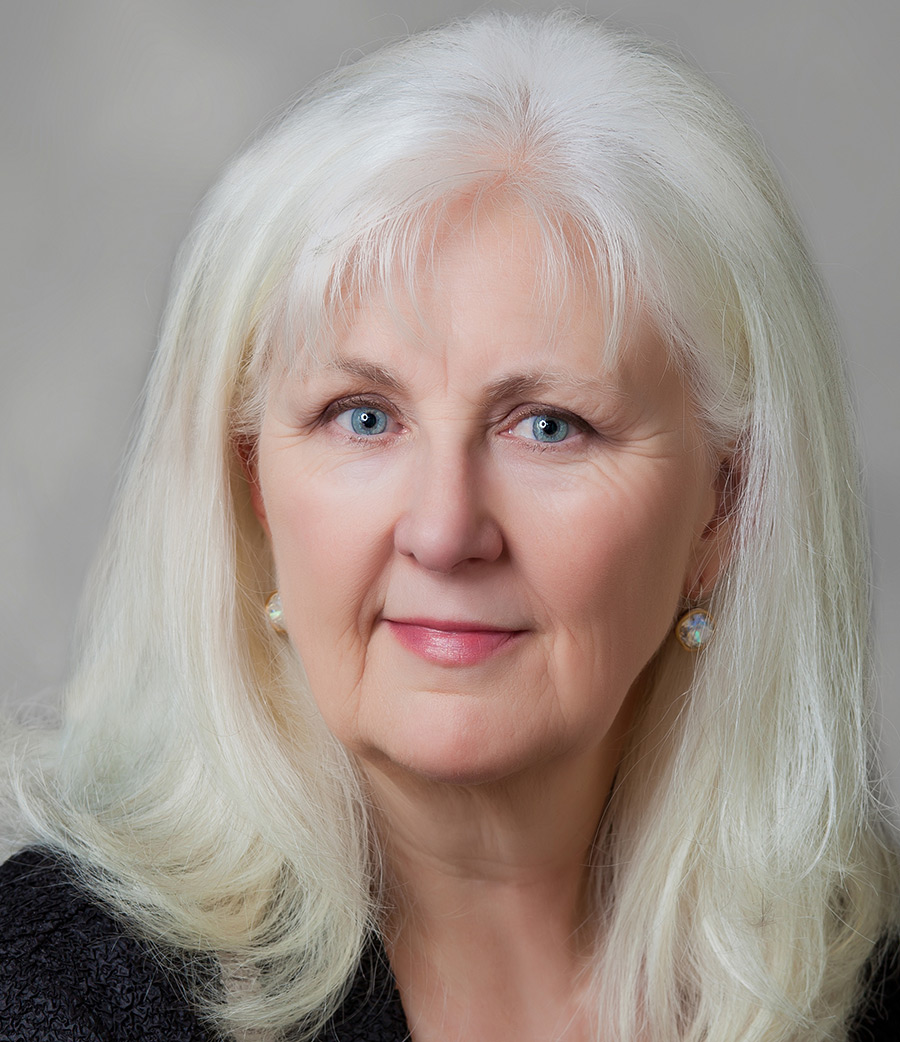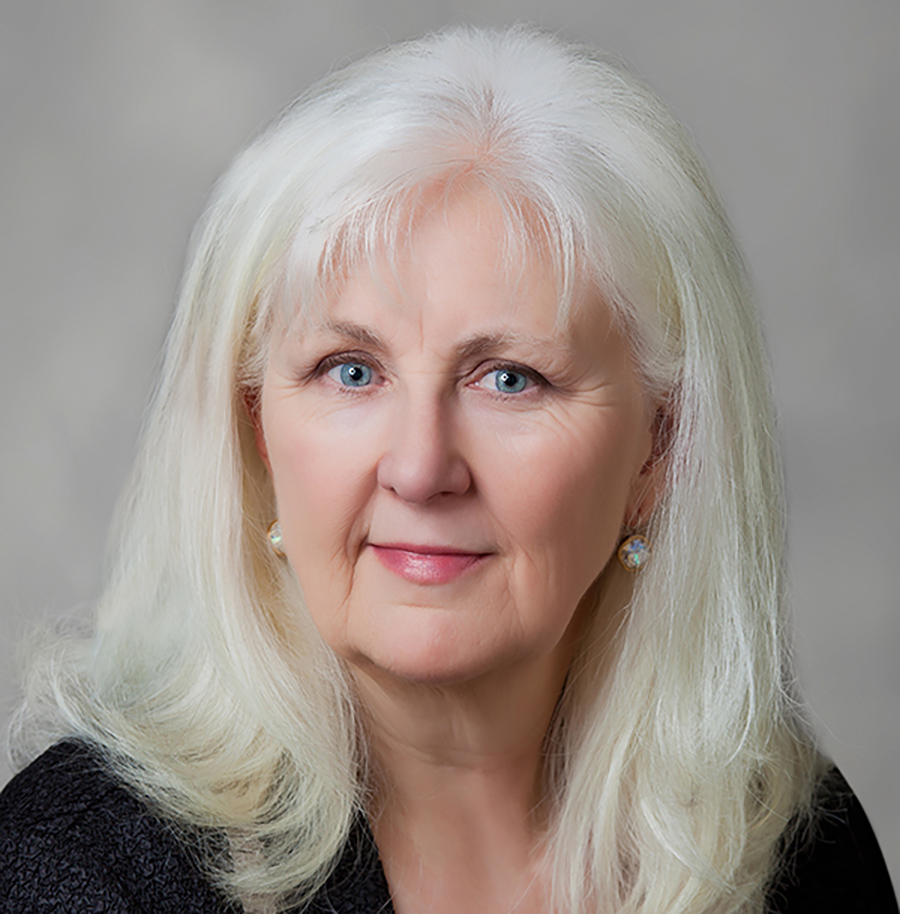Susan Markarian


Three of my four grandparents had college degrees, two were elementary school teachers and one of my grandmothers graduated from Johns Hopkins University with a nursing degree. In my community it was unusual in the ‘50s and ‘60s to have college-educated grandparents. Attending college was always talked about as an expectation when I was growing up, especially from my grandparents. I finished high school the year that the community college Ed Code outlawed the providing of transportation to college. Living in a rural community in a large family that couldn’t afford a vehicle for me, I had no access to attend college. I spent the next four years on and off attending community college. When and if I could find somebody to ride with that had a similar schedule, I was able to attend some classes on a very limited basis.
My parents’ priority was to send my four brothers to college; getting me into college was not something they felt they could afford. So, I was never able to have the college experience that I desperately desired. It’s been a goal of mine to help kids in rural communities find access and develop ways to access a college education.

I was never able to have the college experience that I desperately desired. It’s been a goal of mine to help kids in rural communities find access and develop ways to access a college education.
Being involved with CSBA and having networked with board members from every size and location of district out there for the past 37 years, I know the small and rural districts have a lot to offer our students that many larger districts can’t, such as small class sizes and a strong sense of community — it’s the access and equity differences, though, that have had the most influence on my perspective. Many small districts don’t have a bonding capacity to provide for upgrading facilities, and it can be very difficult, if not impossible, to provide the extracurricular activities that urban districts have. In addition, access to basic services can be very limited in rural communities.
My governance team has made it a priority to provide quality teachers for our community. Many of our teachers are former students that are committed to teaching for us because they love the community and are willing to work hard to provide a quality education.
When I was first elected my board president, Del Cederquist, who was a past president of CSBA, insisted that I attend the Annual Education Conference. My first conference experience was like drinking from a fire hose. It was overwhelming, but it also sparked my desire to learn as much as I could about the new role that I had just been elected to. Getting involved in CSBA trainings gave me the resources I needed to learn how to do the job I was elected to properly. CSBA became a very valuable resource for me.
Then I was elected to the Delegate Assembly in the early ‘90s and that drove my desire to learn even more. I went through the Masters in Boardsmanship program, which was the training program that preceded the current Masters in Governance® program.
Once I became a Director, I decided to go through the MIG program and I would strongly encourage every board member — no matter how many years you have served — to attend this training. For new board members, there is no better way to start learning about the whole role of a board member. This program helps build strong governance teams that every board member can benefit from. MIG will help all board members better understand their role and gives them the tools to become an effective governance team for their community.

And then there’s transportation — it’s a huge equity issue. If the students of poor, rural and even urban communities don’t have transportation, they are not able to come to school. Ninety-eight percent of the students in my school district ride the bus. We spend a large chunk of our general fund monies just getting students to school. There are only two or three kids within walking distance of my campus. This is the norm in most rural districts. Breakfast programs are crucial in many rural areas — because parents leave for work very early and many of these students are getting on the bus hours before school starts.
Networking with other board members has been a rewarding experience. I have learned so much from the people I have gotten to know and work with, and now I’m happy being able to help other board members. I get a lot of phone calls from new board members that are struggling, and it’s very rewarding to be able to help them understand their role. My first line of advice to them is always to get signed up for CSBA’s Masters in Governance program. It can be difficult to help newly elected board members understand the big picture of the role they have been elected to do.
But I must say serving on the Board of Directors of CSBA has been the most rewarding part of being a board member. Being a part of making policy decisions, helping to develop the goals of the organization and working toward achieving those goals has been a very rewarding experience.
Becoming a well-informed effective board member takes time and training — the issues are many, constantly changing, and the acronyms are endless. Parents that become board members also need to know that their relationship with district staff will change. Teachers and community members will now see you as a person of authority and these changes can sometime be difficult to navigate.
The work can be exhausting but the rewards can be boundless.